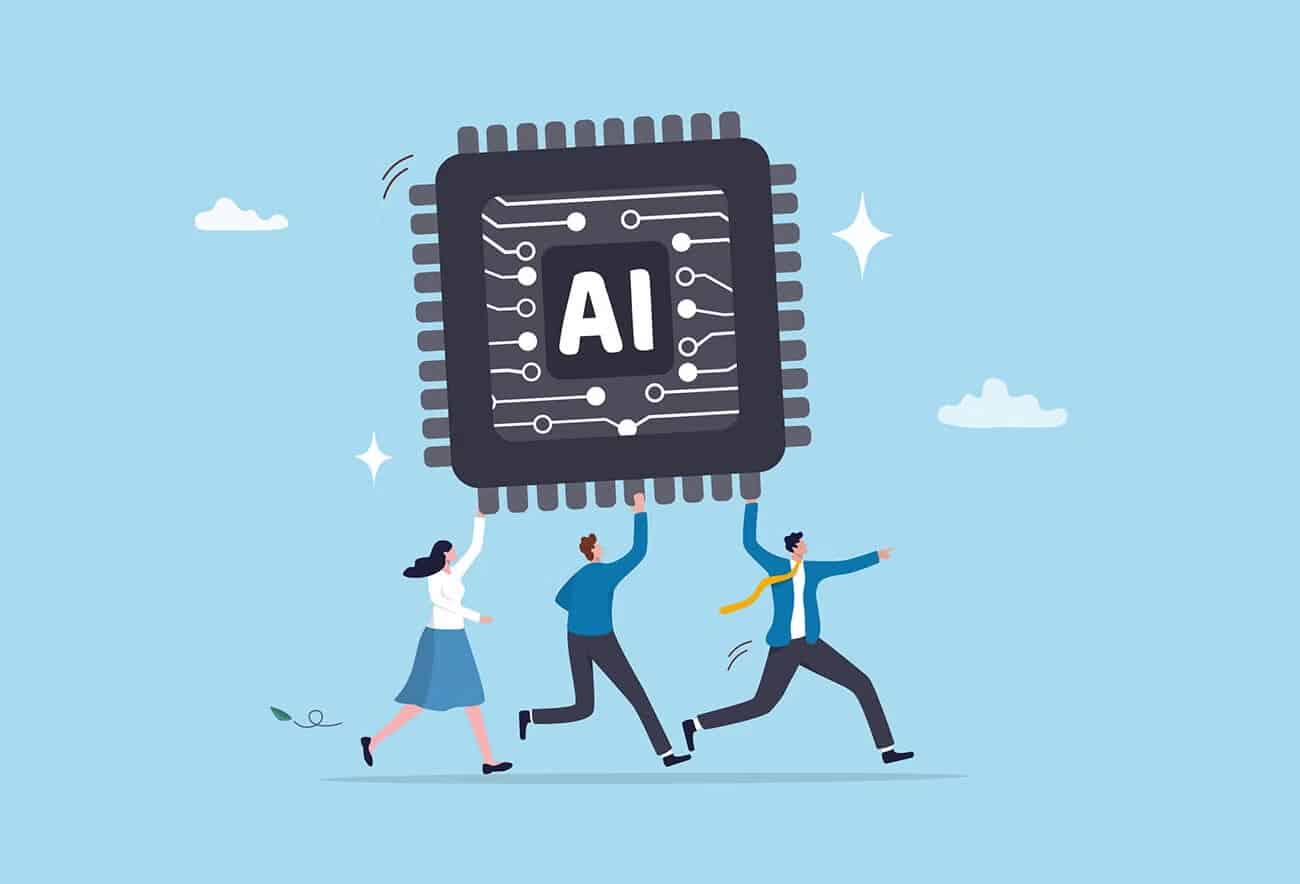In the rapidly evolving landscape of artificial intelligence (AI), achieving successful AI adoption within organizations is not solely about mastering the technology. Equally critical is fostering an environment of psychological safety where employees feel empowered to express their ideas and take calculated risks without fear of negative repercussions. Read on to uncover why psychological safety is indispensable for AI integration and how companies can nurture this essential cultural element.
Common Retention and Hiring Mistakes That Undermine Employee Engagement
Every entrepreneur knows that their greatest asset is their people. Companies that excel in the marketplace are often those that invest wisely in nurturing and engaging their workforce. This blog post delves into the critical facets of employee engagement, offering insights and actionable strategies to drive business success.
Preparing HR for the AI Age: Roles, Strategies, and Innovations
In today’s rapidly evolving digital landscape, the integration of artificial intelligence (AI) is transforming industries across the board. Human Resources (HR) is no exception. As organizations strive to leverage AI for enhanced productivity and strategic advantage, HR leaders find themselves at the cusp of evolution. This blog post explores the key transformations required for HR in the AI era, highlighting new roles, strategic impacts, and steps for modernization.
How HR Can Tackle Frontline Burnout, Rising Turnover and the Widening Tech Gap
Frontline workers are the backbone of industries, representing approximately 70% of the global workforce. Yet, they often find themselves under-supported and under-valued, a situation that demands an urgent paradigm shift in how organizations approach their most crucial asset. This blog post will delve into the concept of a “frontline-first” strategy, exploring how leveraging technology and adopting a more inclusive and engaging HR approach can revolutionize the experience of these vital employees.
The Transformative Power of Mentorship in Today’s Workforce
In the rapidly evolving landscape of today’s workforce, mentorship emerges as a beacon of growth and development. While companies chase after technological advancements and innovative practices, they often overlook the unparalleled value that mentorship brings. From nurturing the next generation of leaders to bolstering retention and engagement, mentorship is the cornerstone of a thriving workplace.
Why a Clear Purpose Fuels Sustainable Business Growth
In today’s competitive marketplace, businesses are constantly seeking innovative strategies to gain an edge. One of the most powerful, yet often underutilized, approach is purpose-driven business. While some may dismiss “purpose” as a PR stunt, the truth is that a purpose-driven approach can be a powerful mechanism for growth, scale, and long-term sustainability. This article explores how organizations can leverage purpose not just for branding, but as a central pillar of their growth strategy.
Bridging the AI Enthusiasm Gap: A Deep Dive into Employee and Executive Perception
In an era where artificial intelligence (AI) is revolutionizing industries, a critical gap in perception has emerged between executives and employees on the ground. Despite a prevailing narrative of enthusiasm from within the executive boardrooms, the reality is starkly different at other levels of the organizational hierarchy. This blog explores the disconnect, its implications, and strategies to foster a more employee-centric approach to AI adoption.
Embracing Authenticity and Emotional Health in the Workplace: A Path to Success
In today’s ever-evolving professional landscape, the concept of authenticity and emotional health has grown beyond buzzwords into pivotal components of thriving workplace culture. Understanding their significance can significantly enhance creativity, productivity, and employee retention. Let’s delve into the myriad benefits authenticity and emotional health bring to the workplace and explore practical steps for fostering them.
Navigating the Storm: Quiet Firing and Job Security in 2026
In an era where job markets around the globe are continually shifting, new phenomena such as “quiet firing” are unsettling the professional landscape. This topic is particularly relevant as we head into 2026, with many workers facing both overt and subtle threats to their employment stability. In this blog post, we will explore the nuances of quiet firing, the impact of return-to-office mandates, and how automation is reshaping job security. We’ll also discuss strategic HR responses to mitigate these challenges.
Why Education and Communication Are Key to AI Adoption in the Workplace
The rise of artificial intelligence (AI) in the workplace has sparked both excitement and anxiety. While AI offers unprecedented potential to transform the workplace, it also raises concerns among employees worried about job displacement and drastic changes in their working environment. This fear isn’t unwarranted, as data shows that over half of U.S. workers are apprehensive about AI’s impact on their roles. As we stand on the brink of widespread AI adoption, it is crucial for organizations to tackle these fears head-on.










